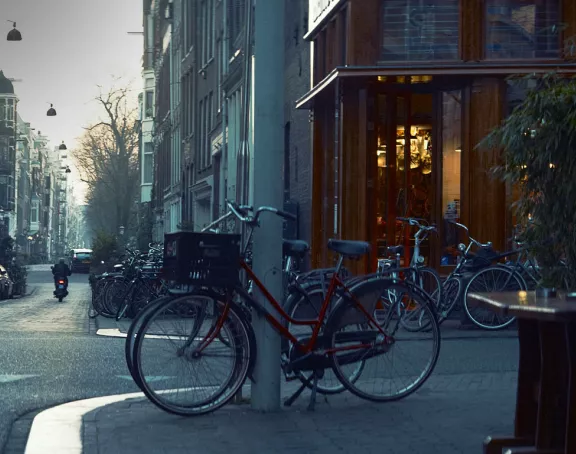Cheaper beer ahead? AB InBev fined for cross-border sales restrictions
Dominant companies beware of hindering cross-border sales between resellers through, for instance, labelling or packaging measures to make your products less attractive for import.
The European Commission recently imposed a EUR 200 million fine on AB InBev, the world's largest beer company, for abusing its dominant position in the Belgian beer market by hindering cheaper imports of Jupiler, the company's most popular beer brand, from the Netherlands into Belgium. The fine may result in more cross-border sales, as multinational retailers in particular may take it as a cue to begin sourcing more products from the cheapest EU Member States.
According to the Commission's press release, (the Commission decision is not public yet), AB InBev is dominant in the Belgian beer market due to the company's consistently high market share and ability to increase prices independently from other beer manufacturers, the existence of barriers to significant entry and expansion, and the limited countervailing buyer power of retailers as a result of the essential nature of certain beer brands sold by AB InBev.
AB InBev abused its dominant position by restricting the possibility for supermarkets and wholesalers to buy cheaper Jupiler beer in the Netherlands and subsequently import it into Belgium. The overall objective of this strategy was to maintain higher prices in Belgium by limiting imports of less expensive Jupiler beer products from the Netherlands.
According to the Commission, AB InBev achieved this by:
- changing the packaging of some of its Jupiler beer products supplied to Dutch retailers and wholesalers to make it harder for them to sell in Belgium, particularly by removing the French version of mandatory information from the label, as well as changing the design and size of beer cans.
- limiting the volumes of Jupiler beer supplied to a Dutch wholesaler to restrict imports of these products into Belgium.
- refusing to sell these products to one retailer unless the retailer agreed to limit its imports of less expensive Jupiler beer from the Netherlands to Belgium.
- making customer promotions for beer offered to Dutch retailers conditional upon the retailer not offering the same promotions to its Belgian customers.
Since AB InBev cooperated beyond its legal obligation to do so (including proposing a remedy), the Commission granted a 15% reduction under its non-cartel cooperation procedure. The remedy will ensure that the packaging of all existing and new products in Belgium, France and the Netherlands will include mandatory food information in both Dutch and French for the coming 5 years.
In light of this decision, dominant companies should review their conduct towards resellers, including the imposition of labelling or packaging measures, to assess whether cross-border sales may be restricted. In addition, they should be aware of a likely increase in cross-border sales, since multinational retailers may take the fine as a cue to source more products from the cheapest EU Member States.
This article was published in the Competition Law Newsletter of June 2019. Other articles in this newsletter:
- Still standing: annulled Commission decision remains in force for non-appellant
- Low prices, high fines: Commission's creative purchase cartel fine upheld
- Successful challenges to merger decisions seem to be the exception
- Court applies Dutch law to all air freight cartel damages claims
- Dutch court: insufficient substantiation? No follow-on cartel damages action
- Commission decision used as point of reference in cartel damages case
- Regulate tech giants and create European champions, says Dutch government

